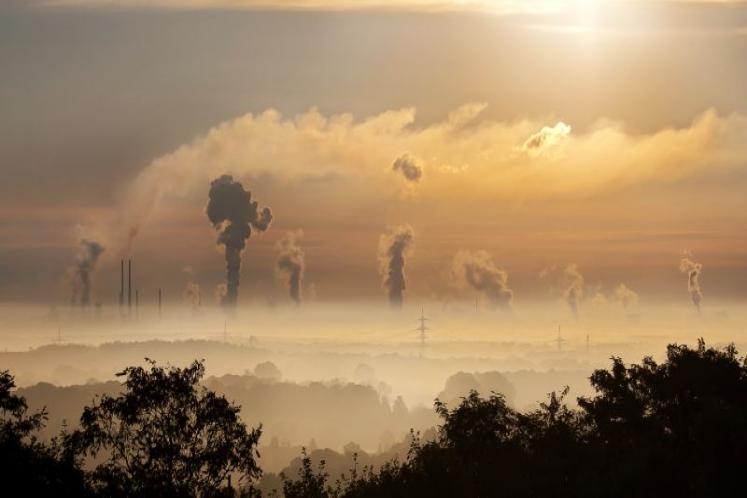Five things you need to know about: decarbonising Europe

Countries across Europe have, in the past few years, announced their intention to become carbon neutral in the coming decades. Some, like Norway, have targets for 2030, while others, like the UK and France, have goals that extend to 2050. Despite the differences, however, all have agreed to decarbonise, but just what will this entail, and how will it work?
We spoke to some experts in the field to find out what needs to happen for Europe to become carbon neutral.
1. It will affect everyone from individuals to industry. According to Dr Kirsten Dunlop, chief executive of the European Institute of Innovation and Technology’s climate knowledge and innovation community, which supports innovation for climate action, there are a wide number of areas that will need to be changed in order to reach near-term goals of total decarbonisation.
2. We are currently not doing enough to decarbonise. Some of the major issues of decarbonisation remain political, namely whether people will be willing to vote people into power that will make the difficult decisions that will be necessary to become carbon neutral. ‘We’ve still got to see the real political action,’ said Prof. Ekins.
3. Coal, housing and cars can all be ‘quick wins’. Alongside the larger goals of reducing carbon emissions across the board, there are some short-term solutions that we can be working towards. One of those is energy efficient housing, with numerous projects already underway to reduce the carbon footprint of people’s homes. ‘In certain homes, energy efficiency can be a quick win,’ said Prof. Ekins.
4. Individuals can make a difference. Dr Dunlop says that individual action is ‘essential’ to achieve our decarbonisation goals, including changing our eating habits away from meat, reducing our reliance on cars, decreasing the energy footprint of our homes and more. ‘Individuals making choices across the whole of Europe really starts to make a massive difference,’ she said.
5. Carbon neutrality will save money in the long run. Estimates for reaching a carbon neutral future by 2050 suggest that up to 2% of GDP will need to be spent annually. But if we can actually reach this goal, Harrison says that society stands to reap the benefits not just in terms of the climate, but from a financial perspective too.
Read the full article here.
News published on Build Up News
Consult the source



